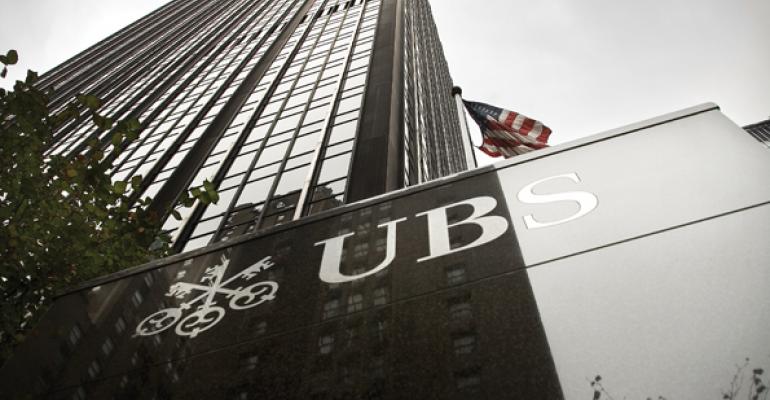UBS’s 6,800 advisors now have access to NextShares’ exchange traded managed funds, the actively managed funds that look like exchange traded funds but are not required to disclose holdings on a daily basis. UBS recently added the funds to its brokerage platforms and UBS Strategic Advisor, a non-discretionary advisory program.
NextShares have been in development since 2011 by Navigate Fund Solutions, a subsidiary of Eaton Vance, under the guidance of Stephen Clarke (named one of Wealthmanagement.com's "10 to Watch in 2016"). While NextShares trade on an exchange, they are not required to disclose holdings on a daily basis, making them ideal for active managers with unique strategies who want the price advantage of an ETF without revealing their holdings.
When NextShares first launched in early 2016, one concern was whether Eaton Vance could get distribution for the funds. Distribution partners include Folio, Envestnet and Interactive Brokers Group, but now with UBS as a distribution partner, an even wider net of investors is possible.
“Access is a big deal,” said Todd Rosenbluth, director of ETF and mutual fund research at CFRA. “The fact that you couldn’t buy this on major brokerage platforms has likely hampered their ability to gain scale.”
While UBS has a large number of advisors who could potentially put money into these products, Rosenbluth believes it will take time for for them to educate themselves on the nuances of NextShares.
“This is a key step for them in order to give UBS advisors an option to look into this product and not only get to know it but to consider using it as the investment vehicle, instead of a mutual fund or instead of an ETF,” he added.
Navigate estimates that the product could, on average, beat the mutual fund versions of active strategies by 63 basis points, due to a reduction in operating expenses and trading costs. The funds also don’t require as much cash as a mutual fund, which can drag performance when markets are up.
“For advisors that remain fans of active management—and there are still a number of them, these products offer a more tax-efficient alternative where there can be less cash drag,” Rosenbluth said.

